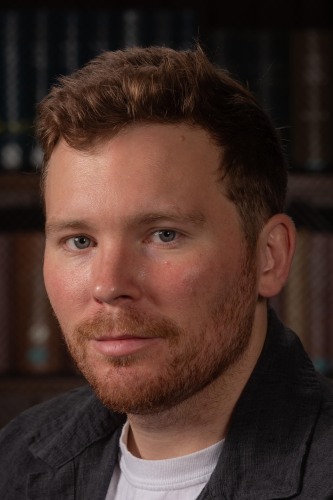Following the catastrophic damage caused by Hurricanes Helene and Milton, scientists warn that the Atlantic hurricane season is far from over. Assistant Professor Chris Horvat commented, “The Gulf (of Mexico) remains fairly anomalously warm even at this point in the year, so we shouldn’t relax."
Read Article
Department of Earth, Environmental & Planetary Sciences

Christopher Horvat
Assistant Professor
Lincoln Field
Room 216
Room 216
Research Interests
Oceans Ice and Atmospheres, Environmental Science
Biography
Professor Horvat is an applied mathematician and physical oceanographer. He leads the Antipodal Oceanography Group, which works on understanding rapid climate change in polar and tropical regions.
Key research areas include:
- Modeling of sea ice fracture and ocean surface waves.
- Parameterization of ocean turbulence and mixing
- Remote sensing of sea ice and waves.
- Emergent ecological variability in polar and tropical seas.
- Modeling of tropical cyclones and their impacts in the Pacific
- Machine learning applied to climate downscaling and emulation
Recent News
Climate Change AI has announced the grantees for the 2023 Innovation Grants program, including "EMPIRIC_AI: AI-enabled ensemble projections of cyclone risk for health infrastructure in Pacific Island Countries and Territories" lead by Visiting Assistant Professor (Research) Chris Horvat. The EMPIRIC_AI project aims to develop higher resolution climate models and targeted cyclone risk projections to support health resilience for frontline communities.
Read Article
Assistant Professor (Research) Christopher Horvat and colleagues, using underwater instruments and a NASA satellite, have found evidence of potentially significant blooms beneath the sea ice encircling Antarctica.
Read Article
A new paper published by Frontiers, led by Assistant Professor (Research) Christopher Horvat, challenges our current understanding of the Antarctic ecology and the lifecycles of growth that happen under the ice.
Read Article